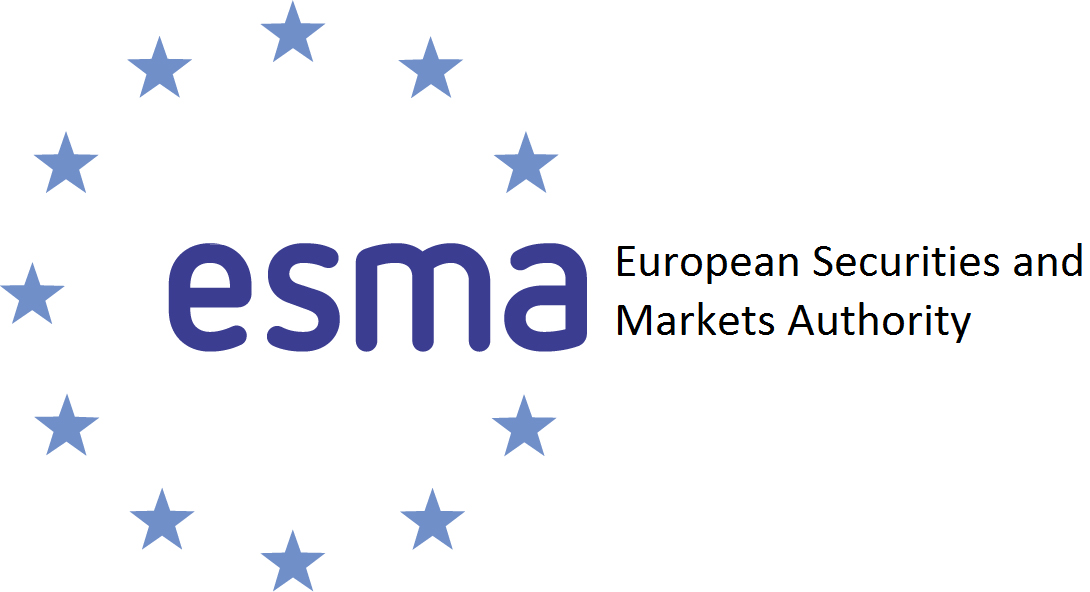The European Securities and Markets Authority (ESMA) is consulting on shortening the settlement cycle in the European Union.
In a call for evidence, published on 5 October, ESMA said it was seeking to collect stakeholder views on the impact of shortening the current T+2 settlement cycle would have on the market.
The current T+2 cycle, which requires all transactions executed on trading venues to be settled in two business days, was introduced in the 2014 Central Securities Depositary Regime (CSDR).
However, ESMA said recent developments, such as the US regulator’s plans to move to a T+1 settlement cycle by May 2024, have led it to assess the viability of shorter settlement cycles in Europe.
“Due to recent developments, the question of shortening the securities settlement cycle has emerged,” ESMA wrote.
“ESMA is seeking to collect stakeholders’ views supported by quantitative evidence to form a better understanding of the issue and produce an assessment of the costs and benefits linked to the harmonised shortening of the securities settlement cycle in the EU.
“ESMA is looking to consider all the possibilities for a shortened settlement cycle, including both T+1 and T+0.”
Any move to a shorter cycle in Europe would likely have significant one-off and operational costs for market participants, as well as increased costs linked to a potential increase of settlement failures.
It comes at a time when the European markets are suffering from increased settlement delays following the introduction of phase three of CSDR in February 2022.
Challenges also remain around the highly fragmented nature of the European market, which operates across 35 exchanges, 31 central securities depositories and 14 local currencies.
Despite this, it is widely thought the move would drive more efficient use of capital across markets by reducing credit, market and liquidity risks.
Pete Tomlinson, director of post trade at the Association for Financial Markets in Europe (AFME), said it should be a matter of “when” not “if” Europe moves to a T+1 settlement cycle.
“It is important to ensure any decision to shorten the settlement cycle is underpinned by a robust qualitative and quantitative analysis of the potential benefits, risks and costs, and also takes account of the unique complexities of EU capital markets.
“Any potential move to T+1 will require collaboration from a broad range of industry stakeholders, with the ultimate objective of making EU securities markets safer and more efficient.”
The consultation will run until 15 December and ESMA said it hopes to publish a final report in Q4 2024.



